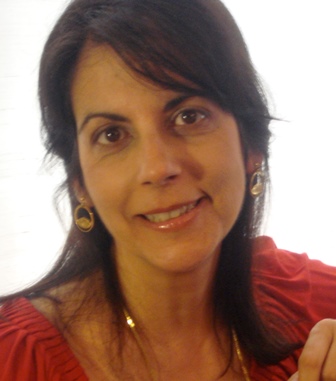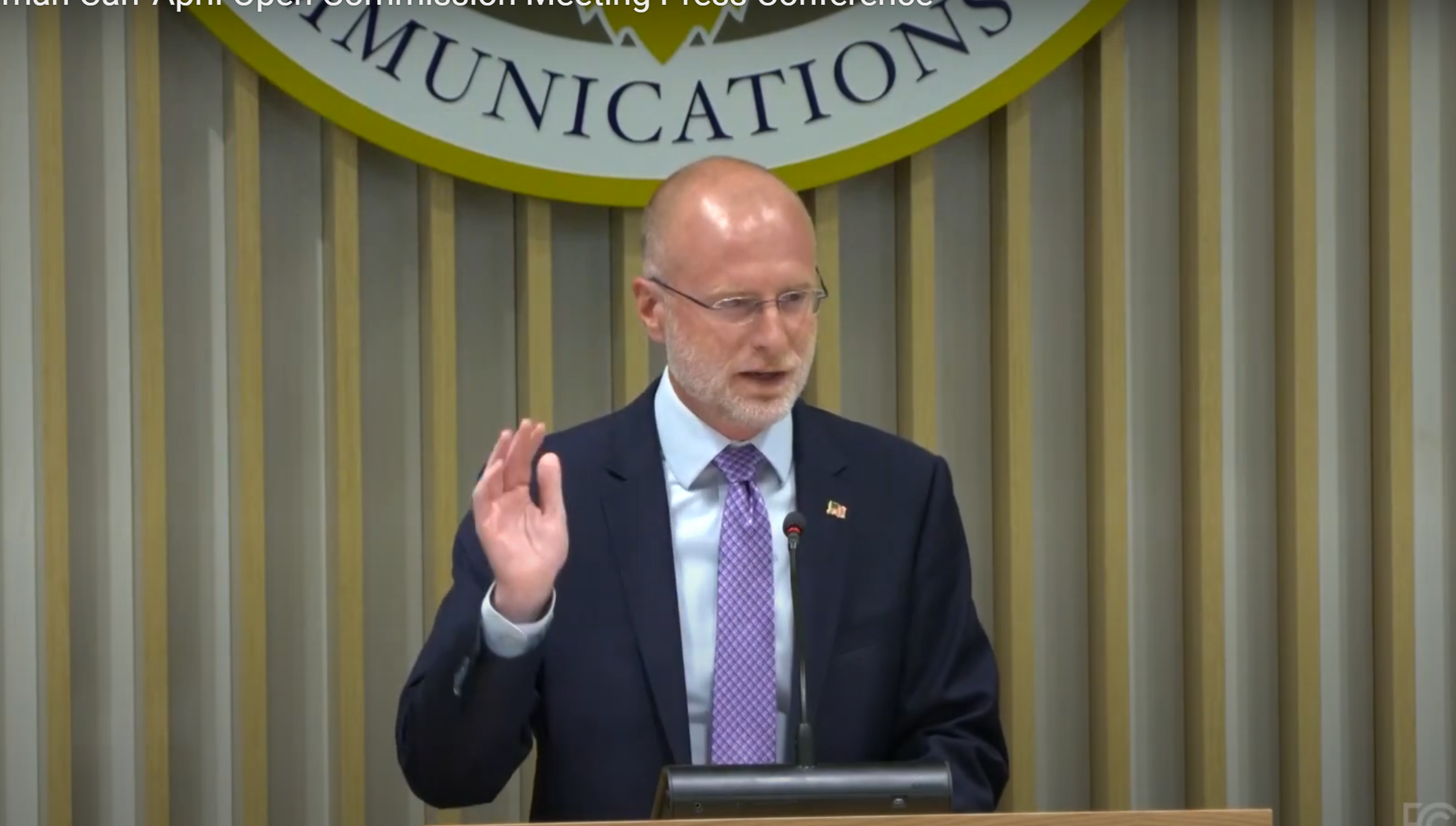IBC: An 'Opinion-Forming' Conference
Universal digital opportunities highlight world's second largest broadcast confab
AMSTERDAM, THE NETHERLANDS
IBC had been growing steadily in popularity among American broadcasters until that fateful day when terrorists attacked the U.S. In light of the tough but "recovering" economy, constant threats of terrorist attacks, and our unique broadcast standard, is it really worthwhile for American broadcasters to travel to Amsterdam Sept. 11-16?
This is the question posed to Michael Crimp, IBC's corporate affairs director in the UK, and Peter MacAvock, executive director of the DVB Project Office in Geneva. Both agreed that despite the fact that the U.S. is pursuing ATSC and HDTV while Europe is pursuing DVB and interactive television (iTV), there is enough common ground to be relevant to broadcasters everywhere.
"IBC is an opinion-forming conference. The strategic intelligence alone makes the trip worthwhile. And on the show floor, the technology differences between the U.S. and the rest of the world are becoming less as we move toward a software-driven industry; so there's plenty to see," says Crimp. "Most visitors to IBC's exhibition comment on the quality of the dialogue they can have with exhibitors. It's busy but without the rush of NAB. And by the way, Amsterdam's a great city."
INTERNATIONAL INTEREST
In terms of exhibitors and attendance, Crimp indicated there will be 141 U.S. exhibitors, compared to last year's figure of 140. Overall, attendance is shaping up well, with numbers running ahead of last year's, he said. But he wasn't able to say what percentage of the show-goers would be Americans. Also, there wouldn't be any exhibits or sessions targeting issues of particular interest to American broadcasters per se.
"There are no sessions aimed purely at U.S. broadcasters [nor are there sessions aimed at just British, German or Japanese broadcasters]. We see the U.S. as a key part of the international community. But IBC aims to embrace the needs and interests of broadcasters everywhere," says Crimp. "HDTV and DTV are issues that affect everyone. IBC sees its job as a facilitator in these discussions. There is a lot of expertise in Europe in HD production, so if I were a U.S. broadcaster, I would head to those sessions, and of course, all the relevant 'kits' undefined will be on the show floor."
THE THEMES
This year's IBC has been organized around six main themes: D-Cinema, production, exploiting archives, digital radio, digital lifestyles and delivery. To make the experience more beneficial to time-challenged professionals, the convention's sessions have been organized so that all sessions related to a particular theme have been consolidated into a single day. For example, on Thursday, Sept. 11, the theme is "Delivering the Goods," and the sessions include "New Implications in Wireless Broadband Delivery," "IP Networking," "DTT: An Exciting Offer for Existing and New Media Markets" and "Digital Terrestrial: Making it Pay."
"Given that the digital age is truly upon us, the main question among broadcasters the world over is, how to make the new age pay" said MacAvock. "One of the main technical challenges is how to address the convergence issues, such as making television content available on the Internet and even in the mobile telecommunications domain.
"For this to happen, we need new codecs, such as H.264 (MPEG-4 Part 10), appropriate copy protection mechanisms, and sets of protocols that facilitate the availability of content on these networks. Another key area is that of iTV-where the advent of open systems promises to widen the appeal of iTV beyond the vertically integrated pioneers of today," he added.
MacAvock explained that iTV and other "value-added" services are more advanced in Europe, and being a European-based trade show, IBC is a showcase for new developments in the iTV industry. "There is no doubt that ATSC is the dominant player in DTT in the U.S., but let's not forget that television delivery is dominated by cable distribution rather than terrestrial -- and this medium is clearly not ATSC-DTV. In fact, DVB continues to work closely with the U.S. CableLabs organization on the harmonization of middleware systems [they are using MHP]," says MacAvock.
As the DTV age advances, the difference in broadcast standards has diminished, he said, and thus the technical divide between the U.S., Europe, and Asia becomes less. "It is no longer appropriate to call IBC a 'PAL' show," he said.
"Furthermore," added MacAvock, "I hear from colleagues who travel large distances to both IBC and NAB that the IBC show is more compact, easier to visit, and a conference of the highest standards."
Get the TV Tech Newsletter
The professional video industry's #1 source for news, trends and product and tech information. Sign up below.

